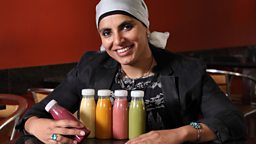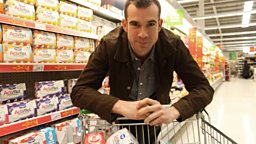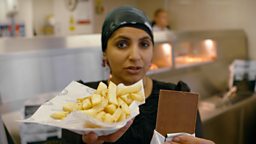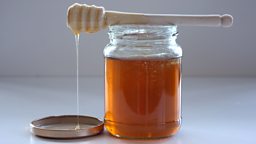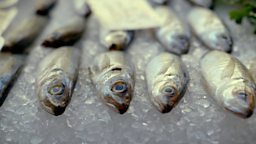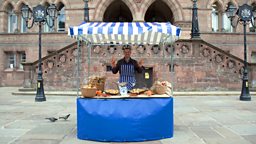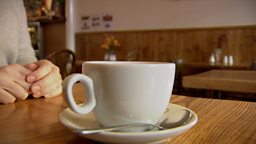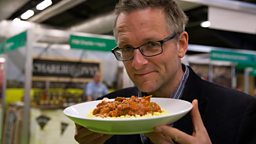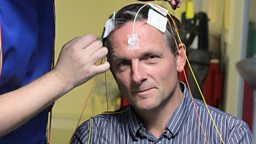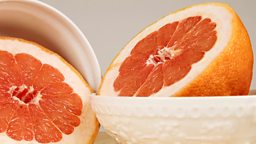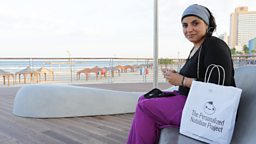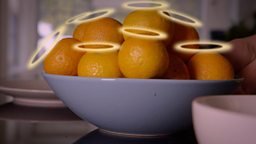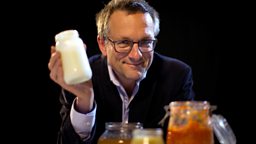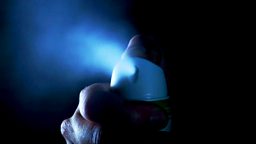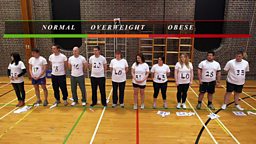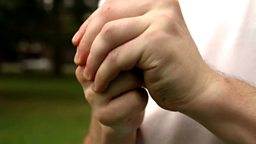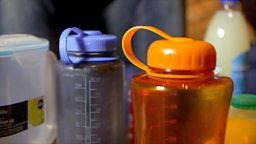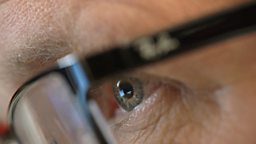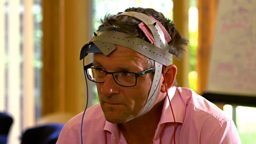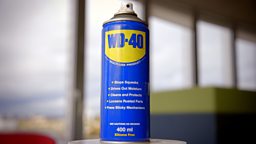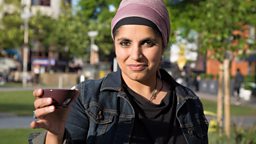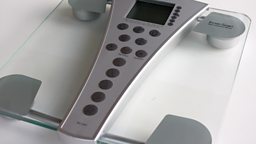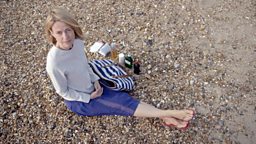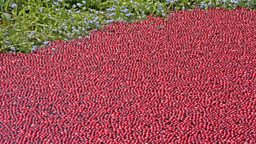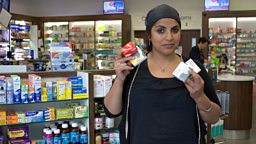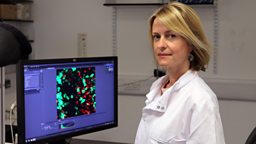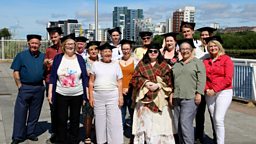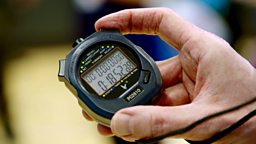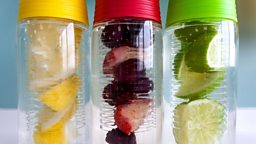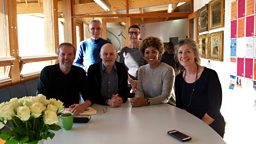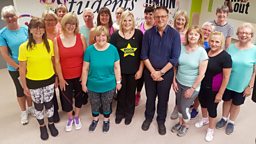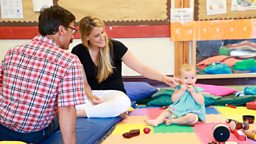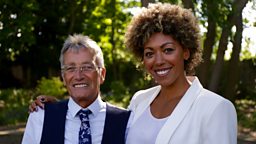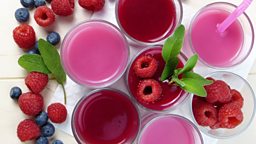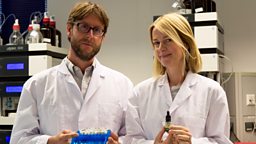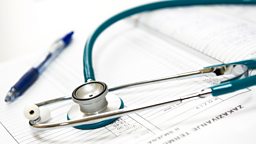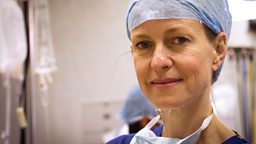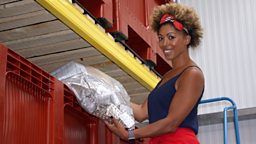What can I eat and drink during pregnancy?
Expectant mothers are exposed to a constant stream of information about what they can and can’t eat and drink during pregnancy. The messages are often confusing and even contradictory. So what’s the truth?

Eating for Two
One of the most enduring myths is about how much mothers-to-be should eat. Conventional wisdom is that you need to eat for two, but a recent survey found that 69% of women are unsure how many extra calories they need, and 63% reported feeling pressure from others to eat more than normal.
In fact, women only need an additional 200 calories a day when they’re pregnant, and they only need those extra calories in the third trimester. This is equivalent to just two pieces of wholegrain toast with olive oil spread.
Eating too much can pose risks to both the mother and the unborn baby, increasing the risk of gestational diabetes and birth complications.
What to Avoid
It’s important to maintain a healthy balanced diet with plenty of fruit, vegetables, protein and carbohydrates, especially wholegrains. However, there are some foods that you need to avoid when pregnant:
- All pâtés as they can contain a type of bacteria called listeria. For the same reason, cut out soft blue cheese, or any cheese with a white rind– though you can eat them if they’re cooked. The risk is small and listeria is rare, but it can lead to miscarriage, stillbirth, or a serious illness in your baby.
- Another type of bacteria which can pose a risk is salmonella. To avoid it, don’t eat raw or soft-boiled eggs unless theyhave a Red Lion logo on them. This means the hens have been vaccinated, and the eggs are safe to eat.
- Raw shellfish can have harmful bacteria, so avoid this too.
- Be careful with raw, undercooked or cured cold meats as they can increase the risk of toxoplasmosis. This is a parasite infection that can damage your baby.
- It’s a good idea to restrict tuna and oily fish to no more than four cans of tuna (or two steaks) a week, and no more than two portions of oily fish a week. This is because they contain high levels of mercury and too much can affect your baby’s nervous system. It’s best not to have any shark or swordfish for the same reason.
Allergies
The government used to advise pregnant women to avoid peanuts if there was a history of asthma, hay fever, eczema or food allergy within their family. However this advice has changed, and eating peanuts is safe during pregnancy so long as you aren’t allergic, or have been advised not to by a doctor.
Caffeine
It’s not necessary to cut caffeine out entirely, but it should be limited to 200mg a day. Having too much caffeine has been linked to a lower birth weight. 200mg amounts to two cups of instant coffee, or two cups of tea and a chocolate bar.
1 cup of tea = 75mg
1 cup of instant coffee = 100mg
1 bar of 50g plain chocolate = 25mg
1 bar of 50g milk chocolate = 10mg
Alcohol
The guidelines on alcohol and pregnancy have changed in recent years. The current guidelines are that in order to be completely safe it is best to avoid alcohol altogether. There is currently no evidence of a ‘safe’ level. However, if you’ve had a few drinks before realising you’re pregnant, don’t worry - it’s very unlikely to have harmed your baby.
